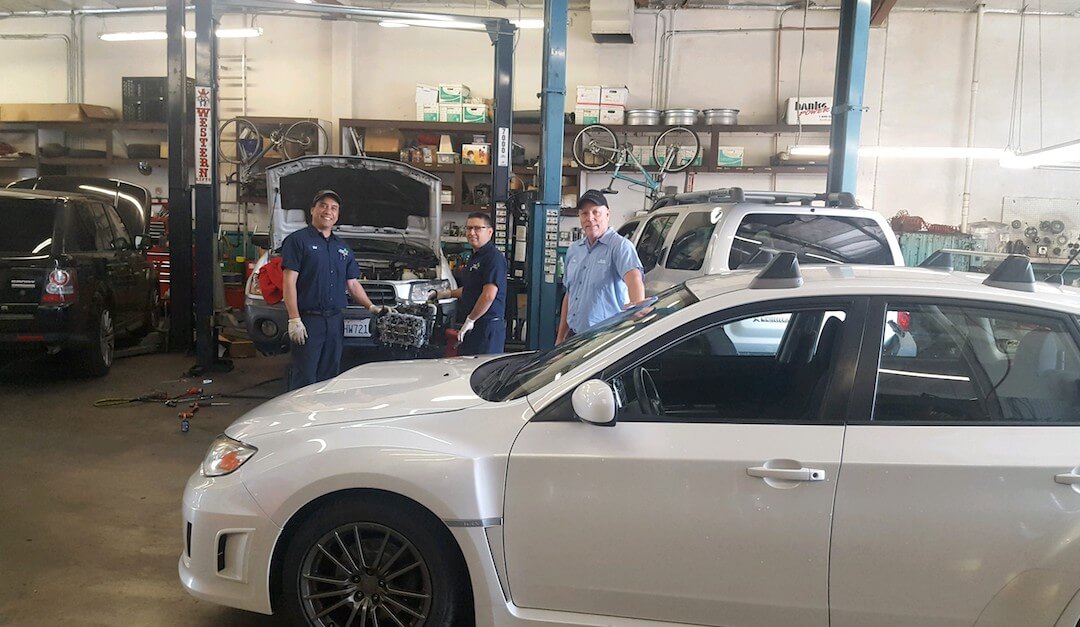
Despite advanced engine control systems, today’s cars and trucks still need a tune-up from time to time. It’s an important part of preventive maintenance. Neglecting it leads to poor engine performance and poor gas mileage, that can even cause damage. So check the owner’s manual for the maintenance schedule for each of your vehicles. In the meantime, stay alert to symptoms that may indicate you’re past due because of special circumstances.
When Is A Tune Up Necessary?
As with all aspects of car maintenance you want to stay up to date on car tune ups in order to prevent problems. For example knocking (misfiring) can destroy a piston and improper combustion can make it necessary to replace the catalytic converter. Both of which are expensive repairs.
Every make and model has its own recommended schedule, but as a rule of thumb cars made prior to 2008 need a tune up every 30,000 miles. For more recent models that’s more likely in the 50,000 to 100,000 mile range thanks to advancements in spark plug technology.
Regardless of mileage, here’s some indications that a car tune-up should be performed.
- engine misfires — pistons rattling or knocking, or in the worst case the car backfires
- difficulty starting the engine
- poor engine performance — sluggish acceleration, hesitation, or stalls
- poor gas mileage
- failing an emissions test
And of course a check-engine or maintenance-needed light going on.
Just What’s Involved?
A hundred years ago finicky ignition coils required adjusting the frequency of a “vibrator” — quite literally tuning the ignition system. But today getting a car tune-up involves more than just the ignition system, although that remains the focus. Procedures, as recommended by the manufacturer, typically include the following.
Replacing
- spark plugs and spark plug wires,
- fuel, oil, and air filters, and
- the PVC valve .
Adjusting or calibrating
- ignition timing,
- fuel mixture, and
- idle speed.
Cleaning
- carburetor or throttle body and
- intakes or fuel injectors.
Scanning the on-board diagnostic system as well as checking
- hoses (radiator, power steering, and others),
- belts (alternator, water pump, power steering),
- fluids (oil, coolant, brake, transmission, power steering), and
- O2 (oxygen) sensors.
Pacific Automotive
If it’s time for a tune up it’s time for other maintenance as well, as described by the manufacturer’s schedule. If there’s a specific problem or concern — including the above symptoms — tell us about it! Otherwise we can look up the maintenance schedule for your vehicle and recommend whether or not you should bring it in for a scheduled tune up.
